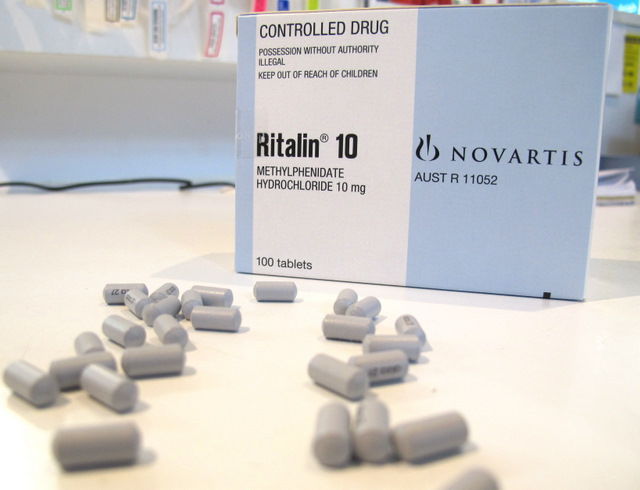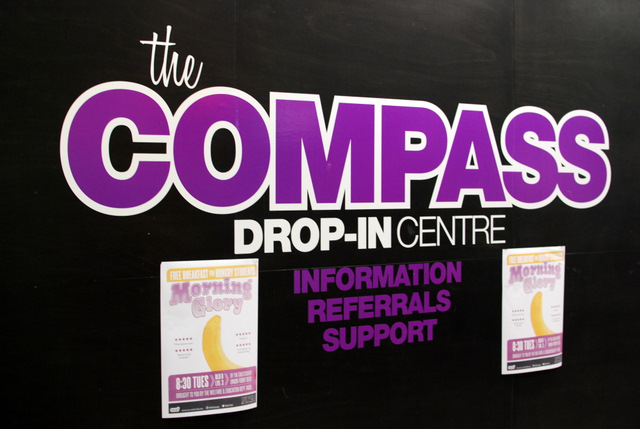- 4 Australian universities
- 2000 students surveyed
- 8% answered positive to using pharmaceutical stimulants to improve academic performance
An alarming recent survey has found that 1 in 12 Australian university students popped a prescription-only stimulant to enhance their academic performance between 2011 and 2012.
Figures published by The Age confirm the use of pharmaceutical stimulants such as Ritalin or Modafinil, commonly prescribed for ADHD, by healthy students to increase focus, memory and concentration.
Dr Jason Mazanov, senior lecturer and performance psychologist at the University of New South Wales School of Business in Canberra lead the study, the first of its kind in Australia.
He said it was clear that Australian university students were using substances to increase their performance at university.
Thea Lamaro, Project Officer for Compass, RMIT’s volunteer supported drop-in centre for student welfare, said with numbers as high as 1 in 12, “it is definitely happening at RMIT.”
She said students are resorting to pharmaceutical stimulants because of increased university and lifestyle demands.
“Students are under a lot of pressure to do well, increasingly have less and less time to study because they have to work more because they can’t survive off Centrelink, cost of living is too high. So although I’m surprised by the high numbers, I’m not surprised students do it,” she said.
While media attention has focused on self-enhancement with steroids and stimulants in sports, terms such as ‘student doping’, ‘smart pills’ and ‘good-grade pill’ are being used to describe the drug assisted academic performance of students.
It also begs the same question: is it cheating?
Vicki Riddle, a pharmacist for 30 years from Rye Beach Pharmacy explained why students might be interested in drugs like Ritalin, but doubted their ability to assist in retaining information.
She said, “To make you more alert, hyperactivity and increased blood flow to the brain – the central nervous system. But thinking it’s going to make you absorb more – I personally don’t think it would.”
Opinions on the use of so-called ‘smart pills’ for cognitive enhancement are contradictory. In late 2008, law professor and neuroethicist Professor Henry Greely of Stanford University, USA, argued in their favour.
He said drugs like Ritalin, “should be viewed in the same general category as education, good health habits, and information technology – ways that our uniquely innovative species tries to improve itself.”
Teachers and academic admissions officers are normally responsible for ensuring the integrity of university exams, but when enhancements begin to undermine the validity of results, this method of testing comes into doubt.
Ms Lamaro said that three-hour exams might not be the most effective way to test students accurately.
“The old three-hour exam is quite…I don’t know if it’s the best way to test everyone’s ability. It’s a lot of pressure to put people under – some students end up having two of those in a day so I can understand wanting to make sure your mind was sharp,” she said.
She said the non-medical use of stimulants by young people, is “definitely a worry.”
Compass runs a cross-campus Stress-Less Week every SWOTVAC that provides RMIT students with free water, fruit, 5-minute shoulder rubs and information on mindful study. For more information check out the Compass website.
[poll id=”26″]
Related Links
The Institute of Ideas, Smart Drugs: Magic Bullet or Cheating Ourselves (video)


